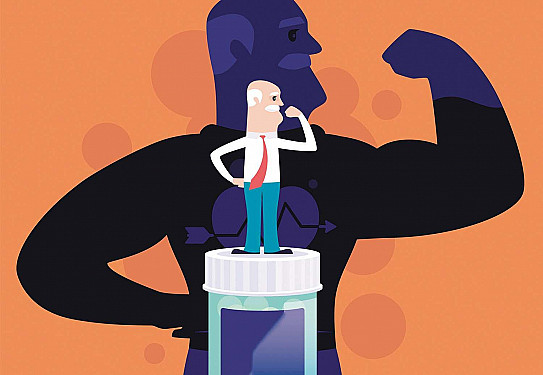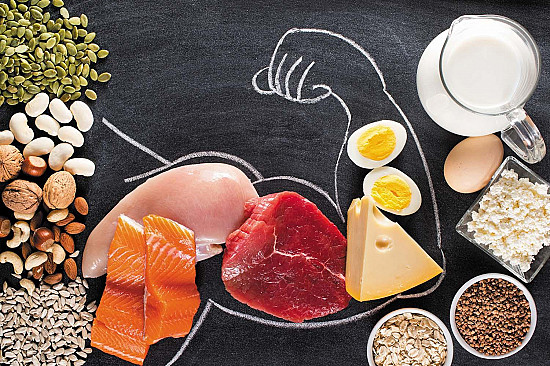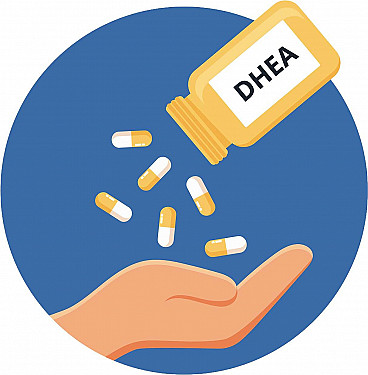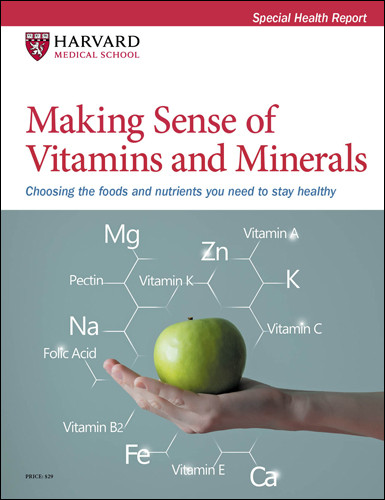Is taking too much calcium unhealthy?
On call
 Q. I take a 500-mg calcium supplement every morning. I eat a well-balanced diet and drink about three glasses of milk daily. Is this too much calcium? Is there any danger from taking in more calcium than you need? Can it cause calcium buildup in my heart arteries?
Q. I take a 500-mg calcium supplement every morning. I eat a well-balanced diet and drink about three glasses of milk daily. Is this too much calcium? Is there any danger from taking in more calcium than you need? Can it cause calcium buildup in my heart arteries?
A. The answer to your first question is yes. You take a lot more daily calcium than you need to keep your bones healthy.
The current U.S. recommendation is 1,000 milligrams (mg) of calcium per day for men ages 19 to 70, and then 1,200 mg daily after age 70.
Based on the information you provided, I estimated your calcium intake: 8 ounces of milk contains about 300 mg. Three glasses of milk equal 900 mg. You likely get a significant amount of calcium from other foods, too, such as leafy green vegetables and fish. Add the 500-mg daily supplement and your total daily calcium consumption is probably more than 2,000 mg.
Unless specifically prescribed by a medical provider, there are no health benefits of taking a calcium supplement in addition to the amount of calcium a person gets from a regular well-balanced diet. While there's no reason to limit calcium-rich foods, taking calcium supplements in addition does have potential harms:
- In rare cases, it leads to dangerously high blood calcium levels, known as hypercalcemia. Symptoms include excessive urination and thirst, dehydration, constipation, and confusion.
- While adequate dietary calcium helps prevent kidney stones, in some people calcium supplementation increases the risk of stones.
- Calcium supplements can potentially interfere with absorption of other important micronutrients, such as iron and magnesium.
- Some observational studies have shown that men who take in very high amounts of calcium have an increased risk of dying from prostate cancer.
The effect of calcium on the heart and circulatory system is an interesting question. When fatty deposits build up in the arteries, they pull out calcium from the bloodstream. This calcium gets added to the fatty deposits and eventually causes arteries to stiffen.
Calcium in a healthy diet has no influence on calcium getting into arteries. In fact, eating more calcium-rich foods is associated with lower risk of heart disease. However, some observational studies show a link between excessive calcium from supplements and an increased risk of cardiovascular disease.
Personally, I would suggest cutting back on the calcium supplement. Instead make sure you get enough vitamin D, which enhances dietary calcium absorption. Many experts recommend 800 to 1,000 IU of daily vitamin D. Food sources include egg yolks, oily fish (salmon and sardines), mushrooms, and fortified orange juice, cereal, and milk. You can also take a daily vitamin D supplement. As with calcium, more is not necessarily better.
Image: © nadisja/Getty Images
About the Author

Howard E. LeWine, MD, Chief Medical Editor, Harvard Health Publishing; Editorial Advisory Board Member, Harvard Health Publishing
Disclaimer:
As a service to our readers, Harvard Health Publishing provides access to our library of archived content. Please note the date of last review or update on all articles.
No content on this site, regardless of date, should ever be used as a substitute for direct medical advice from your doctor or other qualified clinician.
















